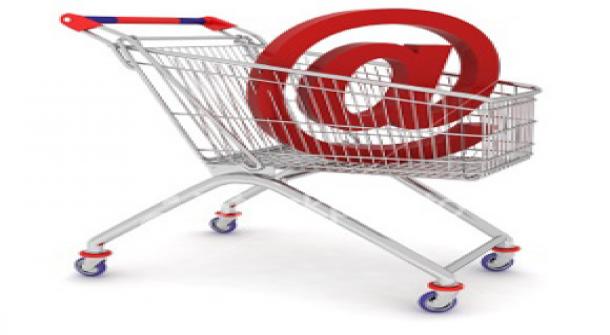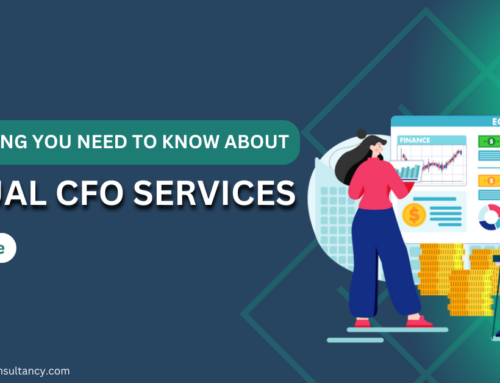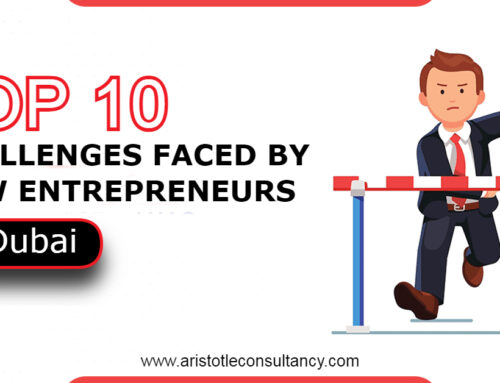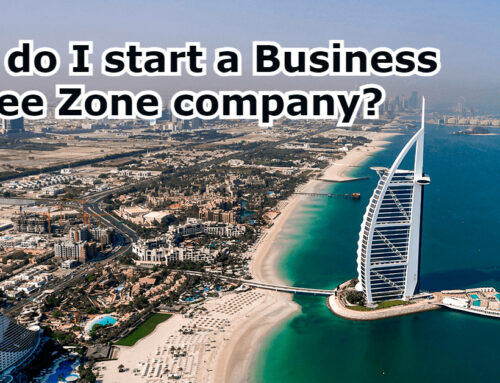Deepak Dhamija shares his insights on the E Tailing industry in India, published in this article in the Business World titled – Oh, So Indian, So Tier II on 28th August. Complete article given below
The year was 1999. For the first time in India a company was trying to sell musical CDs online. This was the first reported attempt to sell anything online. There were around 3 million internet users in those days and buying or purchasing anything over Internet was never heard of. The company was named Fabmall.com, which later on became Indiaplaza and as per rumors, it has shut its shop in 2013 after not receiving any funding.
Coming back to the present, Flipkart has raised $1 billion in a single round of funding. This was followed by a I-wont-back-down message from Amazon, to invest an additional $ 2 billion in its Indian arm. Flipkart's $1 billion funding is the largest ever single, private equity transaction by any internet company in India and second only to the $1.2 billion private equity funding of Uber, the largest PE funding in the internet space in the world. Flipkart is now valued at $7 billion, more than six fold of what Just Dial was valued in its much-touted-IPO last year.
The industry has come a long way since the likes of Indiaplaza's boomed and busted. Indiaplaza was like the Orkut of the Indian e-tailing market – a promising star falling to the wayside. And just like the internet search and social media industry, the etailing industry is consolidating to a few players – who look to stay in the business for good. Still, there are naysayers criticizing the forces of consolidation and sustained losses faced by almost all the etailers. Our argument is that the forces of consolidation are good for the industry and the industry has been most beneficial to the largest and most important stakeholders in the chain – the small businesses and customers. The Indian e-commerce story is one of persistent and adaptability by the major players in the business. Let us look briefly at each of the major aspects of the business and see its holistic impact.
Let us start with operations. Plastic card penetration is very low in India, and in 2010 Flipkart introduced cash on delivery – an unheard of concept in developed economies. No doubt, cash on delivery is a costly route for the business. Similarly, the big etailers introduced extremely liberal sales return policies in 2010. However COD and Sales Returns turned out to be a very effective marketing strategy; get the consumer to try online shopping and build the trust and traction with the company and has rapidly expanded the target market for e-tailers. The timing was perfect – internet penetration was booming and the first mover advantage helped a lot.
Business models adopted by the players are also a hallmark of evolution and adaptation. The marketplace model was widely believed to be adopted by players to be compliant with the law of the land (Amazon) or to switch to a model which was less capital intensive and immune to the funding environment (Flipkart, Jabong). It is interesting to see how the utility of the marketplace model has evolved. Flipkart and Jabong realized that with increased marketing expenditures they had incurred and the traction they had with customers, trust and eyeballs were their biggest strengths and a marketplace model made business sense, irrespective of the funding environment. Amazon has also adapted and is playing to its strengths. Amazon has completely developed its back-end infrastructure i.e. software, warehousing and last-mile delivery and most importantly customer data – and is ready to make a complete jump into direct selling the day the government liberalizes the sector, which someday it probably will.
But the biggest winner of the marketplace strategy are the small manufacturers and wholesalers. Retail rents are highest in India (some of the highest in the world), operating expenses from staffing to generators eat into margins and small enterprises can't invest too much in customer pull. Such players are finding the additional sales channel of online retail extremely useful. And in the spirit of developing the ecosystem, Flipkart and Amazon are investing in educating these small vendors in computer skills, supply chain management and digital literacy. A recent study by AT Kearney has unearthed that, even in developed markets like USA, online and offline shopping compliment each other.
One of the big advantages that e-commerce has over brick-and-mortar is reduced inventory carrying cost. Inventory can be stored centrally – for categories with a broad range of SKUs and unpredictable SKU demand, like apparels and gifts, called long tail products – that is a huge advantage. The practical and visible manifestation of this theory would be that just like India jumped straight to mobile internet bypassing broadband, there is a strong probability that rural/Tier III cities in India would bypass some of the modern retail formats which are a cornerstone of the developed world retail market/urban markets in India and it would jump to e-commerce directly.
With intense competition, the low-hanging fruit of urban India no longer remains low-hanging – and players will increasing look at the relatively untapped rural markets. Already, Amazon is experimenting with Indian Postal Service to make them a delivery and COD partner in its bid to reach the rural hinterland and typing up with BPCL's In&Out stores as a collector point for Amazon deliveries (instead of directly to their homes).
Without the forces of consolidation and the concentration of funding to a few large players, none of these beneficial effects would have happened so fast – the development of multiple categories, the market place model (which requires large marketing budgets), the expansion of markets through COD and liberal sales returns, beneficial usage of "big data", the support to small businesses and manufacturers to get their presence online and the penetration into the hinterland. Consolidation has allowed the large players to try new things, hire top talent, test and explore new ideas and push the boundaries of the market – which has directly or indirectly been beneficial in creating and sustaining the overall ecosystem
Learn more about accounting outsourcing services at Aristotle Consultancy.






